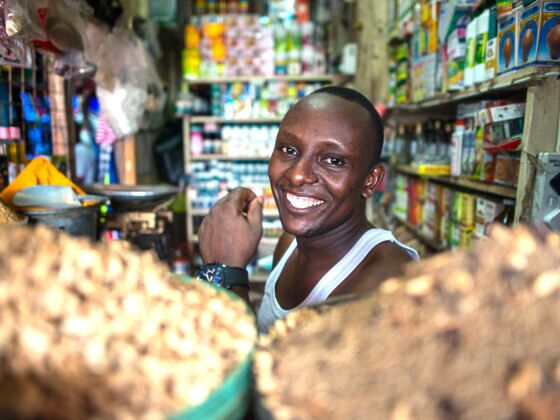Stephanie Nolen, the Globe and Mail’s one-woman African bureau, is one of my favourite journalists — heck, one of my favourite writers in any genre. For the past five years, I’ve been following her stories from the Congo, from Rwanda, from Mali, and from her base in Johannesburg, South Africa.
So I was saddened today to read that she’s leaving Africa, and instead moving to a new Globe India bureau in New Delhi. India will be lucky to have her, and I’ll look forward to her dispatches, but I can’t help but be sorry that South Africa is losing such a powerful voice.
